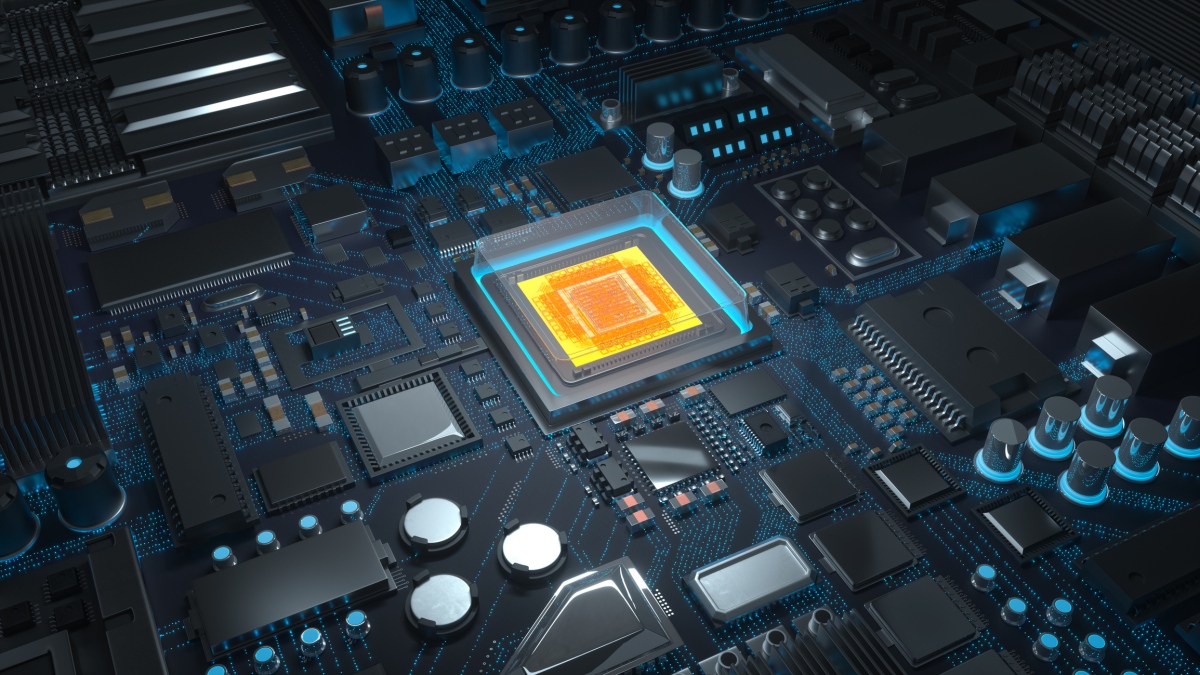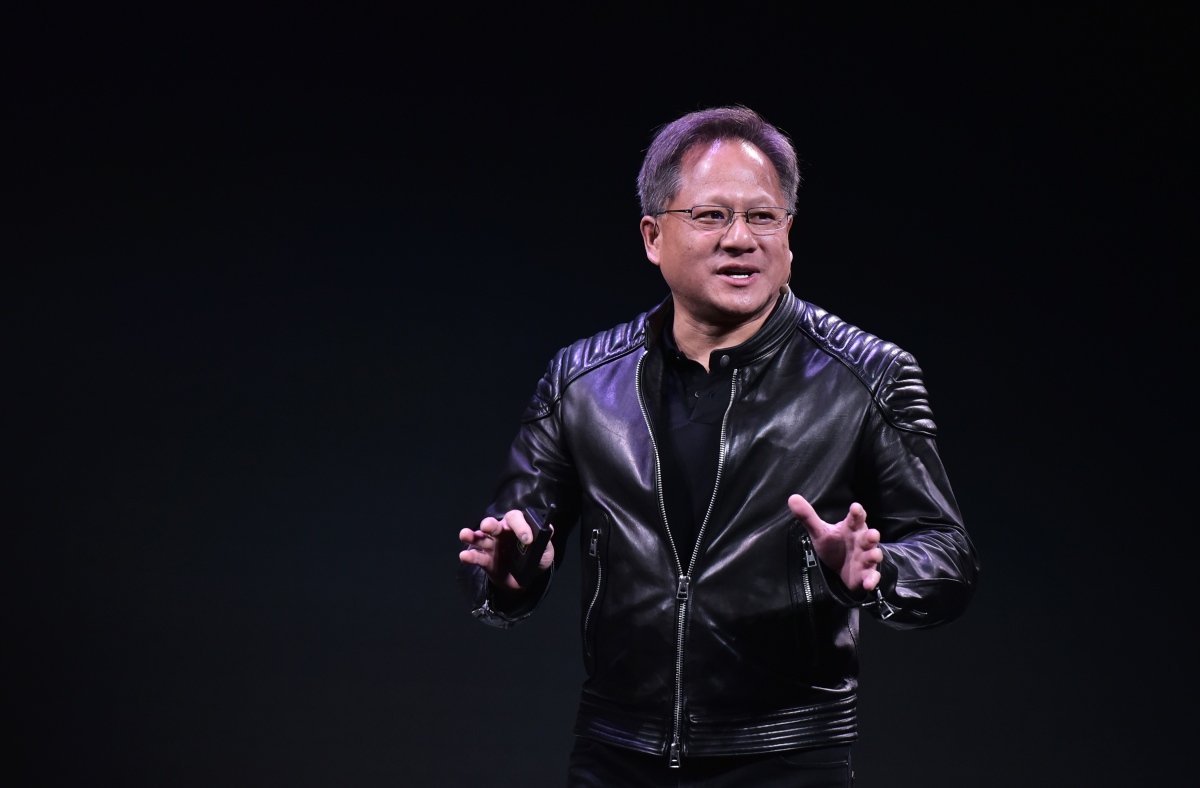Eliyan raises $40M from Intel and Micron to build chiplet interconnects • ZebethMedia
Increasingly, as Moore’s law rears its ugly head, computer chip developers are adopting “chiplet” architectures to scale their hardware’s processing power. Chiplets are Lego-like integrated circuit blocks designed to work with other, similar chiplets to form complex, stackable chips that boost performance while maintaining a similar physical footprint. Chiplets offer a number of advantages over conventional designs. But assembly issues — as well as challenges in balancing cost, performance, power consumption and time to market — often plague them in the early phases. Aiming to overcome the hurdles in chiplet creation, Ramin Fajadrad, Syrus Ziai and Patrick Soheili founded Eliyan, a chiplet interconnect startup, in 2021. Eliyan’s technology — dubbed NuLink — connects chiplet components using standard chip packaging, leading to what the company claims are faster-performing and more energy-efficient chips. “The focus is on developing a way to enable a more high-performance, lower-power and lower-latency interconnect for chiplet architectures, which experts agree is the only path to continuing to scale Moore’s law,” Farjadrad told ZebethMedia in an email interview. “We use our technology in standard packaging, thus saving time, cost and development effort compared to more advanced packing that other interconnect schemes require. In addition, our approach has sustainability benefits by reducing material costs and waste in the manufacturing process and lowering energy consumption for high-performance compute chips.” Eliyan’s roots are in a previous startup, Aquantia, that Marvell acquired in 2019. Farjadrad says the technology has been under development since 2017; he co-started Aquantia and served as the startup’s chief engineer for nearly 15 years. Prior to co-founding Eliyan, Farjadrad spent several years at Marvell as CTO and VP of the company’s networking and automotive division. Ziai is a former Qualcomm engineering VP, while Soheili was previously VP of business development at semiconductor firm eSilicon. While Eliyan hasn’t launched its technology commercially yet — it expects the first silicon to hit the market in Q2 2023 — the company claims to have achieved the last step before manufacturing, a tape-out, using semiconductor manufacturer TSMC’s 5 nm process. “Process” in chip lingo refers to an architectural platform; TSMC began mass-producing 5 nm chips in 2020. “Eliyan’s technology enables processors by allowing them to scale in performance and power to be more readily and practically manufacturable,” Farjadrad said. “The world will always need more computing power, and Eliyan is enabling a critical aspect of making sure scaling will happen for any type of high-performance computing application.” The fact that Eliyan’s tech has yet to reach market might give some would-be customers pause. But the startup has notable investors in the chip world behind it, including Intel and Micron, who alongside Cerberus and Celestra contributed to Eliyan’s $40 million Series A tranche that closed today. With the capital, Eliyan plans to continue chasing after a chiplet market that could be worth $50 billion in 2024 — specifically by ramping up testing and implementation. Farjadrad wouldn’t name clients, but said that Eliyan, which currently has a 21-person staff, is in discussions with “big semi companies, hyperscalers and AI processor startups.” “We’re dealing with the challenges and realities of physics in designing and manufacturing advanced chips … [but we’re] in a high-demand market,” Farjadrad said. “Our technology will ultimately lead to faster, more efficient and cheaper high-performance computing to run data centers, cloud computing AI, graphics and more.”


